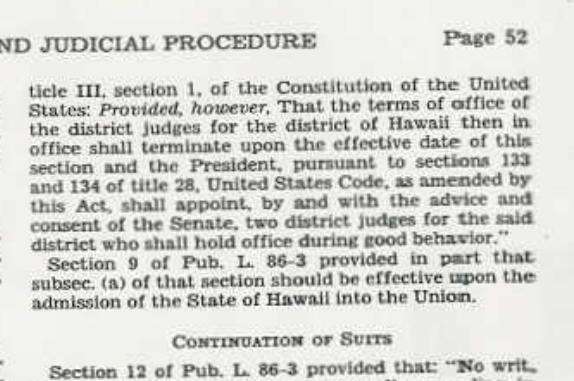I find it worth bumping that the brain trust of suitors having these two recent letters to share with each other may be an unprecedented weapon of intelligence in the arsenal. - That we share IRS responses with one another!
With the IMF Head blaming burgeoning national debt for loss of interest in China buying up more American debt, can we frame a valid accusation against GEITHNER for being irresponsible as fiduciary if he continues to interfere with the redemption of lawful money?
With the IMF Head blaming burgeoning national debt for loss of interest in China buying up more American debt, can we frame a valid accusation against GEITHNER for being irresponsible as fiduciary if he continues to interfere with the redemption of lawful money?




Comment